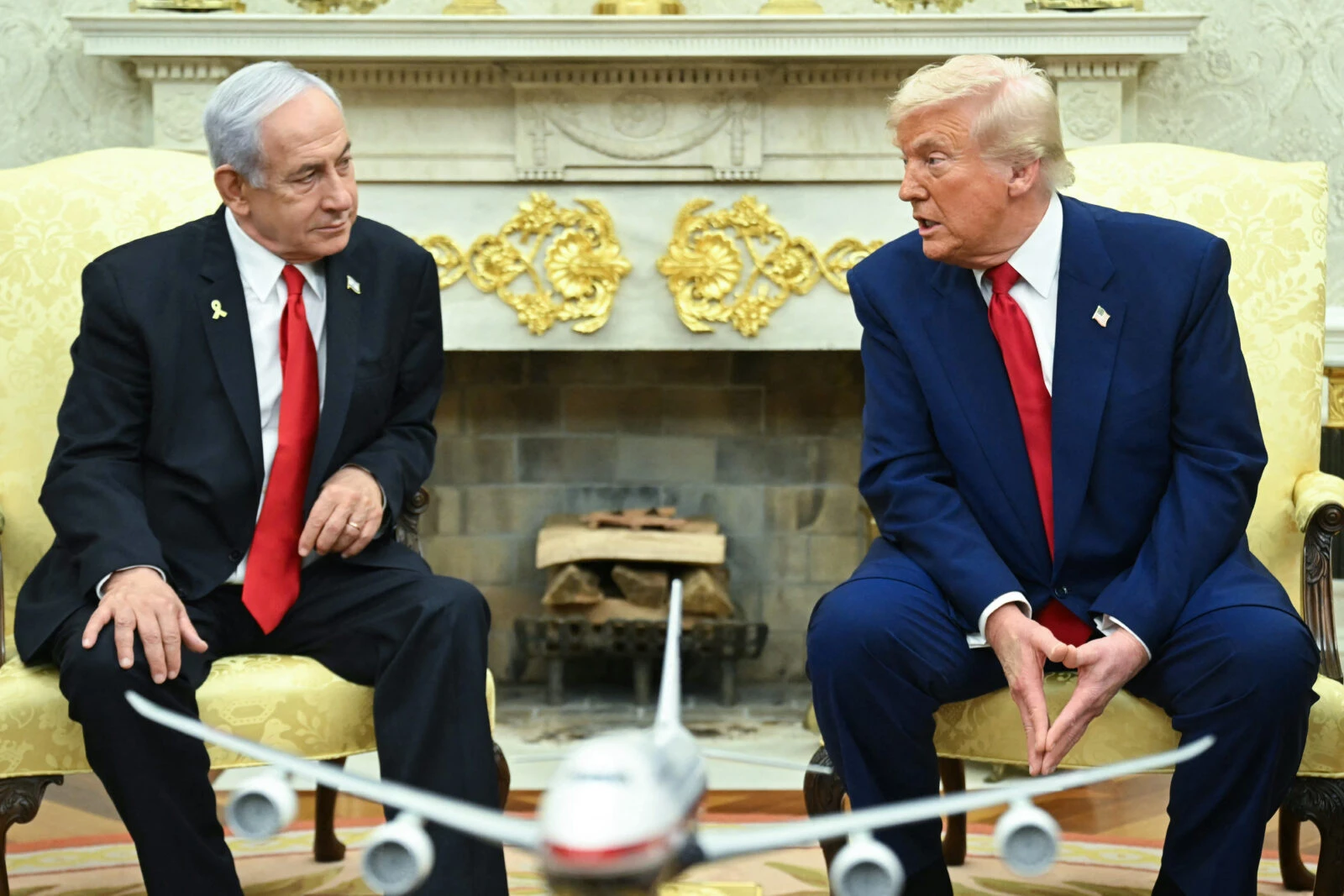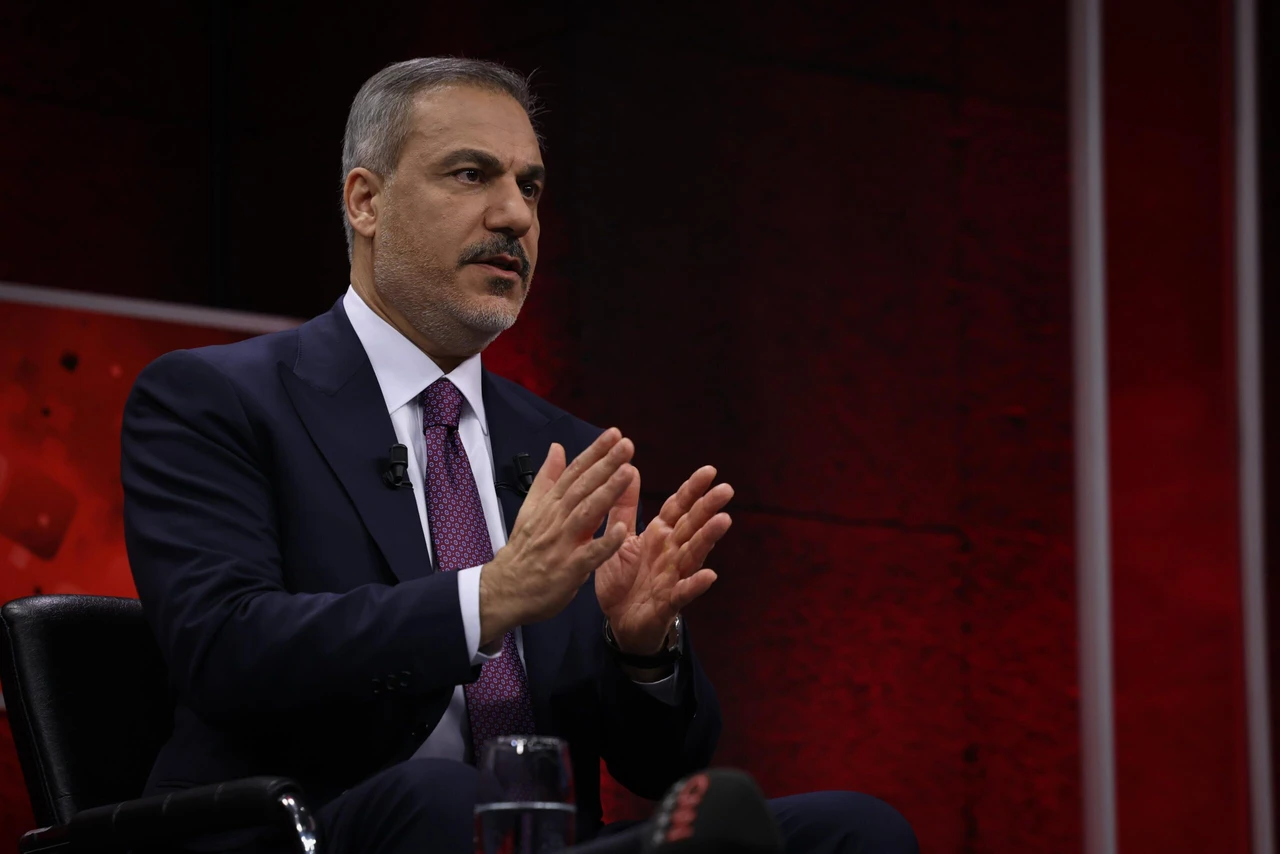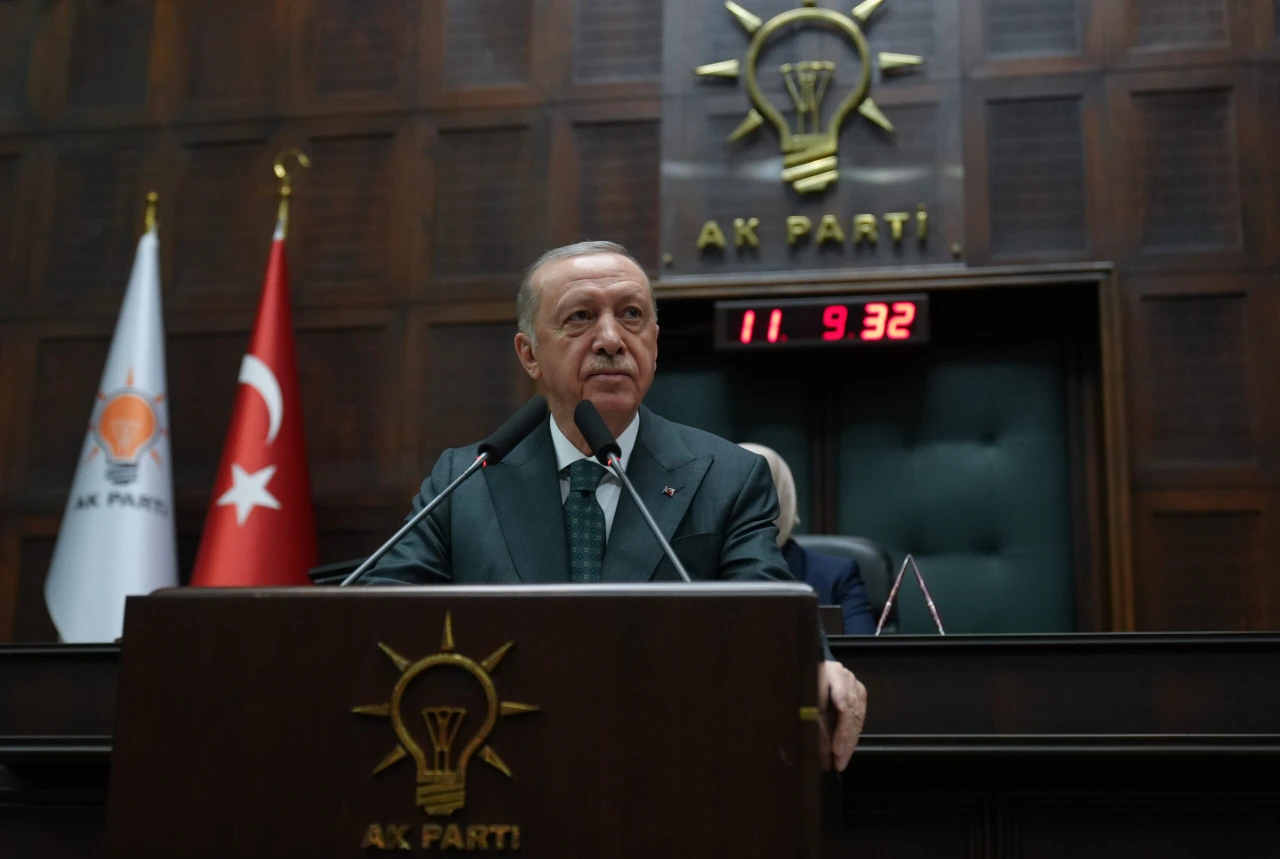Türkiye, Israel: Avoiding a wrong turn in Syria
 A view from Mount Qasioun, once a prohibited area during the Syrian civil war and known for offering the best views of Damascus, Syria, on December 30, 2024. (AA Photo)
A view from Mount Qasioun, once a prohibited area during the Syrian civil war and known for offering the best views of Damascus, Syria, on December 30, 2024. (AA Photo)
The Syrian conflict has entered a quieter phase, but its future remains uncertain. With Bashar Assad out of the picture and a transitional authority attempting to hold ground, a new regional balance is forming. Türkiye and Israel now find themselves operating within the same geography, rubbing shoulders, although with very different ambitions. Israeli airstrikes and Türkiye’s stabilizing presence are intersecting in ways that deserve closer attention.
During his latest visit to the White House on April 7, Prime Minister Benjamin Netanyahu stated that Israel does not seek a conflict with Türkiye and U.S. President Donald Trump chimed in that he would be a mediator if Netanyahu is “reasonable.”
Ankara has positioned itself in northern Syria not for expansion but for stability. Its presence is focused on securing its borders, ensuring humanitarian access, and supporting local governance in the aftermath of Assad’s collapse in December 2024. These are measured steps that if not taken the understanding is that the disorder in Syria will not remain confined as has been the case since the beggining of the Syrian civil war in 2011. Türkiye’s role has become central in preventing the next wave of chaos.

Israel maintains a narrow view
Israel, by contrast, maintains a narrow view. Its security doctrine relies heavily on preemptive strikes without much long-term calculus, this approach now carries political risks. It reflects a refusal to adapt to the new facts on the ground and the connected nature of regional, global conflicts taking shape. Targeting areas where Türkiye is diplomatically and operationally engaged will not deter but harden attitudes in Ankara.
Türkiye, despite sharp political differences with Israel, has not escalated. Its criticism has come through legal avenues and public diplomacy. Its decision to suspend trade and join proceedings at The Hague signals a serious, rules-based response, not one driven by emotion or spectacle. President Trump’s offer to mediate may help manage tensions, but even the best mediation cannot substitute for common sense. Regional actors must recognize one another’s red lines.
Türkiye’s are visible and consistent. Israel’s are reactive and increasingly blurred. There is no need for another front to open in Syria. The region will benefit far more from coordinated efforts than from overlapping strikes and rival priorities. Israel should take Türkiye’s warnings seriously, and measure its actions not just by short-term gains but by the long-term cost of regional instability.



